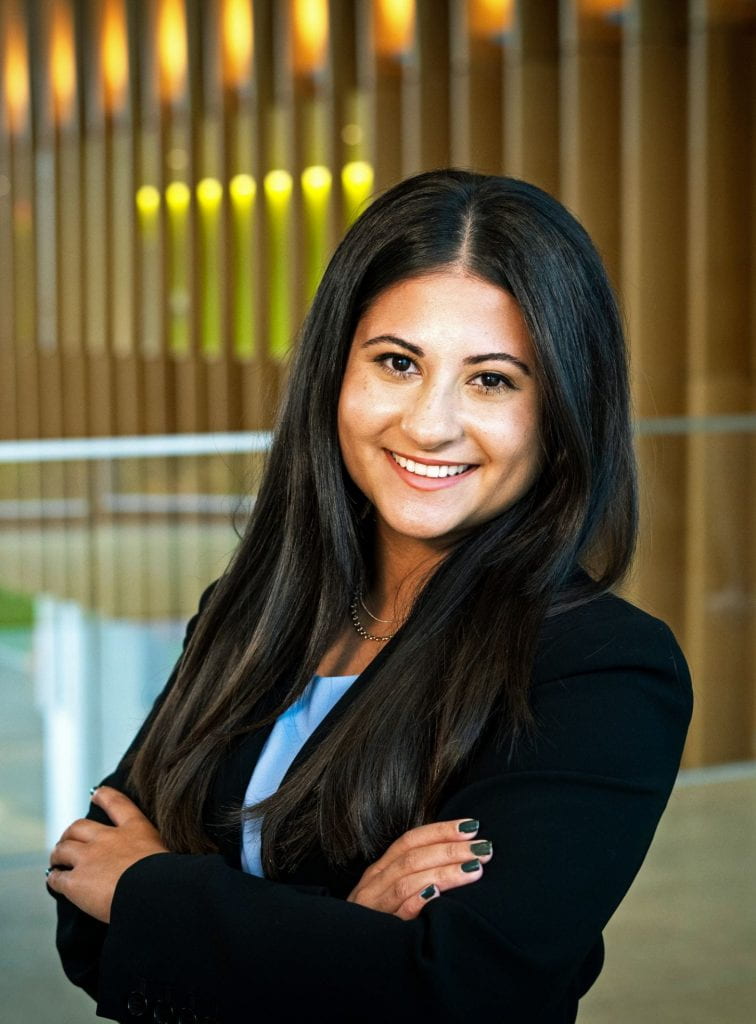Advancing Social Justice

In her sophomore year of college, Avni Patel enrolled in a public health social justice course. The professor focused on feminist theory in public health. “My passion for public health stemmed from my feminism and guided me,” says Patel. After college, she went to India to develop different health curricula for villages and schools across India, addressing different needs in each community. After this experience, she knew she wanted to apply to an MPH Program. “The focus on One Health drew me to Cornell’s Program,” says Patel, who saw the need to bridge a gap between public health, sustainability, and health equity. “In India, I saw how disasters and flooding affected agriculture and the economy, as well as the downstream effects on health.” Sometimes, families could not leave their homes or travel after a disaster event, so students would miss months of school. Their nutritional intake would suffer, too, because of the lack of fresh vegetables.
Patel joined the MPH Program when protests for racial justice were being held across the country. “It impacted me, not only as a person of color, but as someone who has empathy.” She wanted to be intentional about integrating social justice in her public health practice, and sought out opportunities throughout her first year. When the MPH Program formed an Anti- Racism, Anti-Discrimination, Diversity, Equity and Inclusion (ARADDEI) Committee, Patel stepped up to help lead the first MPH ARADDEI Town Hall discussions. She and fellow student Taylor Estes then co-organized the spring seminar series, focused on speakers promoting justice through public health.
Patel was inspired to feature speakers from a wide variety of backgrounds. “Coming from a very suburban, white town, I know how easy it is to only be exposed to situations that look one way, and then think things that just aren’t true,” she says. The series this spring included speakers on environmental justice, climate change and health, gender equity, global health governance, and food equity, among other topics.
 This summer, Patel is engaged with two different practicum projects. One is with the Cornell Center for Health Equity, helping to develop and pilot an allyship training program. To Patel, allyship means, “being willing to educate yourself about things that don’t necessarily seem to pertain to you, admitting you hold privileges not everybody does, and connecting with people.” She is also intrigued by the Center’s partnership between the Weill Cornell Medicine in New York City and the MPH Program, upstate.
This summer, Patel is engaged with two different practicum projects. One is with the Cornell Center for Health Equity, helping to develop and pilot an allyship training program. To Patel, allyship means, “being willing to educate yourself about things that don’t necessarily seem to pertain to you, admitting you hold privileges not everybody does, and connecting with people.” She is also intrigued by the Center’s partnership between the Weill Cornell Medicine in New York City and the MPH Program, upstate.
Her other summer project, with new MPH Program professor Dr. Kate Dickin, Cornell ’86,’03, and the USAID Advancing Nutrition Consortium, focuses on behavior change interventions to improve women’s diets in low- and middle-income countries. “This project aligns with how I’d envisioned my future public health practice when I started here in September,” says Patel, who sees herself working for government or the non-profit sector after graduation. Patel plans to spend her capstone semester next year in Washington, D.C. with the Cornell in Washington program.
Written by Audrey Baker
